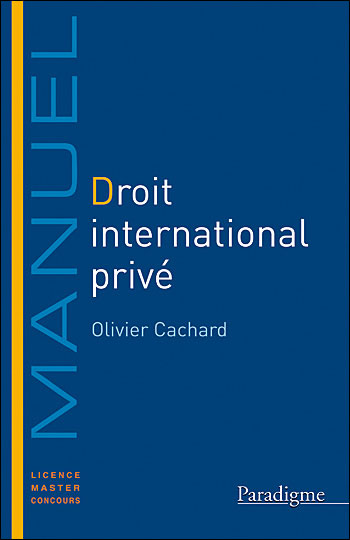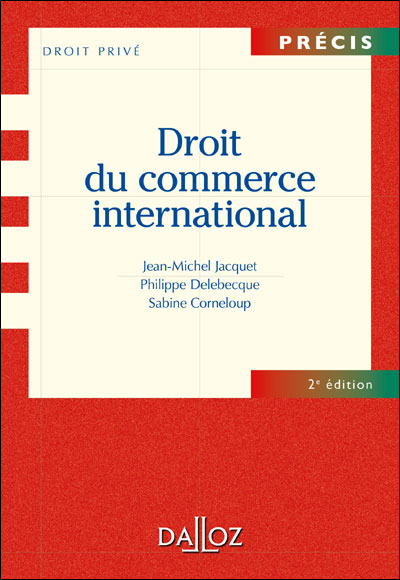Childress on Erie and International Cases
Trey Childress, who teaches at Pepperdine University School of Law, has posted When Erie Goes International on SSRN. Here is the abstract:
This Article challenges the widely held belief that the Erie doctrine automatically applies in private international law cases – namely, cases where a United States federal court is asked by private litigants to apply foreign, non-United States law. Under the conventional understanding, the Erie doctrine not only requires federal courts to apply the law of the state in which the court sits but also to apply that state’s conflict-of-laws rules, even when those rules direct the court to apply the law of a foreign country. This Article argues that courts should question the mechanistic application of a doctrine announced in the 1930s (and updated to conflict of laws in the 1940s and 1970s) to the realities of private international litigation today, especially in light of more recent Supreme Court cases concerning constitutional constraints on choice of law. Among other findings, the Article provides empirical evidence uncovering a previously unrecognized connection in the scholarly literature: internationalizing the Erie doctrine may in part explain the increased use of the forum non conveniens doctrine by federal district courts. The Article also reframes the ongoing and contested scholarly debate between Professors Curtis Bradley, Jack Goldsmith, Harold Koh, and others regarding the application of Erie to customary international law in light of Erie’s application in private international law cases. The Article not only provides a new empirical and scholarly lens through which to view the international application of the Erie doctrine but also offers a suggested approach to be employed by courts when faced with such cases.
The paper, which is forthcoming in the Northwestern University Law Review, can be freely donwloaded here.
 Professor
Professor  The second edition of
The second edition of 
 In April this year, the French Supreme court for private and criminal matters (Cour de cassation) delivered an interesting
In April this year, the French Supreme court for private and criminal matters (Cour de cassation) delivered an interesting  However, the debtor immediately challenged the validity of the attachment before an Abidjan court on the ground that it did not comport with of OHADA law (articles 160 and 34 of the relevant statute). The court set aside the attachment. The creditor appealed, but did not wait for the result to ask the huissier to carry out a second attachment which would this time not violate local enforcement law. When the huissier did, however, he was told by the bank that there was only CFA Franc 3000 (€ 4.57) on the account. Eventually, the Abidjan Court of appeal confirmed that the first attachment was a nullity.
However, the debtor immediately challenged the validity of the attachment before an Abidjan court on the ground that it did not comport with of OHADA law (articles 160 and 34 of the relevant statute). The court set aside the attachment. The creditor appealed, but did not wait for the result to ask the huissier to carry out a second attachment which would this time not violate local enforcement law. When the huissier did, however, he was told by the bank that there was only CFA Franc 3000 (€ 4.57) on the account. Eventually, the Abidjan Court of appeal confirmed that the first attachment was a nullity.